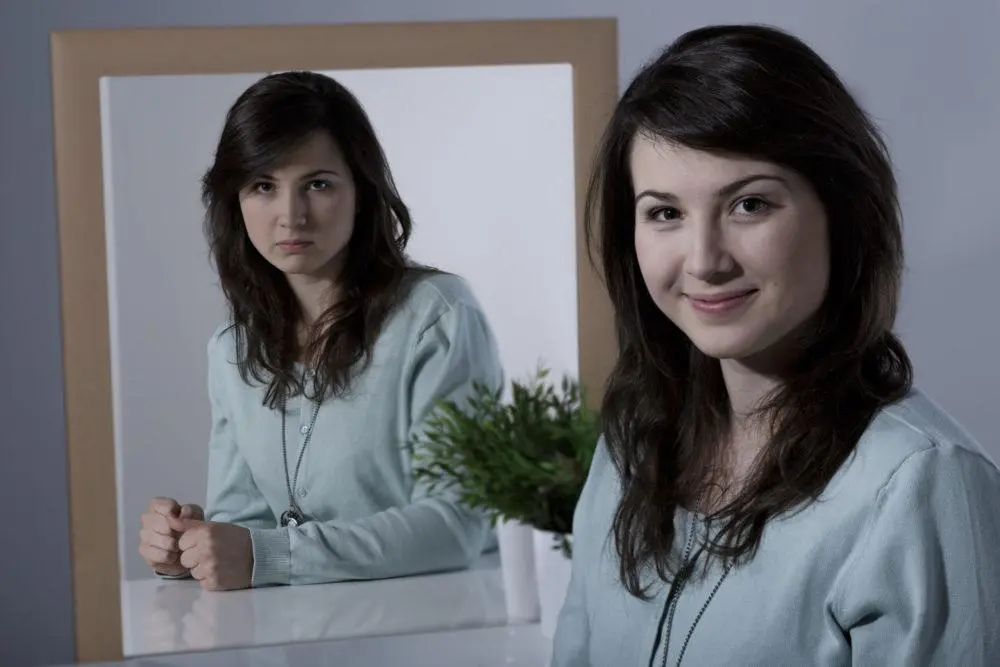Are genius and villainy compatible? This non-trivial question was asked not only by “our everything” Alexander Sergeevich Pushkin, but also by the no less brilliant psychiatrist and forensic scientist Cesare Lombroso. However, the poet, who put the idea into the mouth of the hero of the tragedy Mozart and Solieri, was sure that genius is inherent only in bright minds, not distorted by illness. But Lombroso, on the contrary, believed that genius and madness go hand in hand. Who is right and what does academic psychology think about this?

Once is an accident, twice is a coincidence, three times is a pattern?
History knows many examples when it was geniuses who suffered from various mental illnesses and deviations from the norm. And schizophrenia is not uncommon on this list. But, given the complexity of diagnosing and the little-studied mental illness in particular and the human brain in general, most of the seemingly obvious evidence is still only speculation. Yes, an experienced scientist, but still, assumptions, acutely suffering from a lack of facts.
The theory of identification of genius and mentally ill states is based primarily on the similarity of psychological anamnesis. Both geniuses and madmen differ from normal average people:
- hypersensitivity;
- mood lability;
- distraction of attention!;
- vanity;
- propensity to bad habits;
- desire for discovery.
Based on this, the genius of Cesare concluded that schizophrenia and genius are united by origin. By the way, the notorious Plato generally considered genius and delirium to be one and the same state. It is difficult to argue with this very ambiguous statement, especially when observing the behavior and reasoning of some scientists and creative people. Here are just a few of the most notable examples:

Self-taught and the father of astronautics, Konstantin Tsiolkovsky, with all his genius, claimed that he personally observed the inscription «Paradise» in the sky. And his namesake and contemporary of Pushkin, Konstantin Batyushkov, was generally sure that he was living in two realities at the same time. Here one could attribute everything to the artistic imagination of a talented writer, but, alas, Batyushkov spent 38 of the 68 years of his life in complete madness.
The presence of a diagnosis was also suspected in the «obscene and brawler» Sergei Yesenin. Addiction to alcohol, impulsiveness, irascibility, memory lapses, obsessions and suicidal tendencies … It is unlikely that the poet “trolled” others so subtly.

Schizophrenia and genius: to put or not to put an equal sign?
All geniuses are a little psycho, all psychos are a little genius… Watching the behavior and reactions of both of them from the side, one gets exactly this impression. However, academic psychiatry is in no hurry to equate them. And that’s why. The human psyche is an incredibly complex system, which is inevitably influenced by a huge number of external and internal factors.
A creative person is highly sensitive, eccentricity of thinking is often perceived by others as a kind of abnormality precisely because only a few can understand the creator’s intention.

At the same time, schizophrenia, with its striking, unusual manifestations, remains a poorly understood disease. And in this case, the unknown is also frightening and confusing.
As a result, both geniuses and madmen face misunderstanding, rejection and rejection of society. But this does not mean that genius and villainy are compatible. They are certainly similar only in the way we, ordinary people, react to them.









